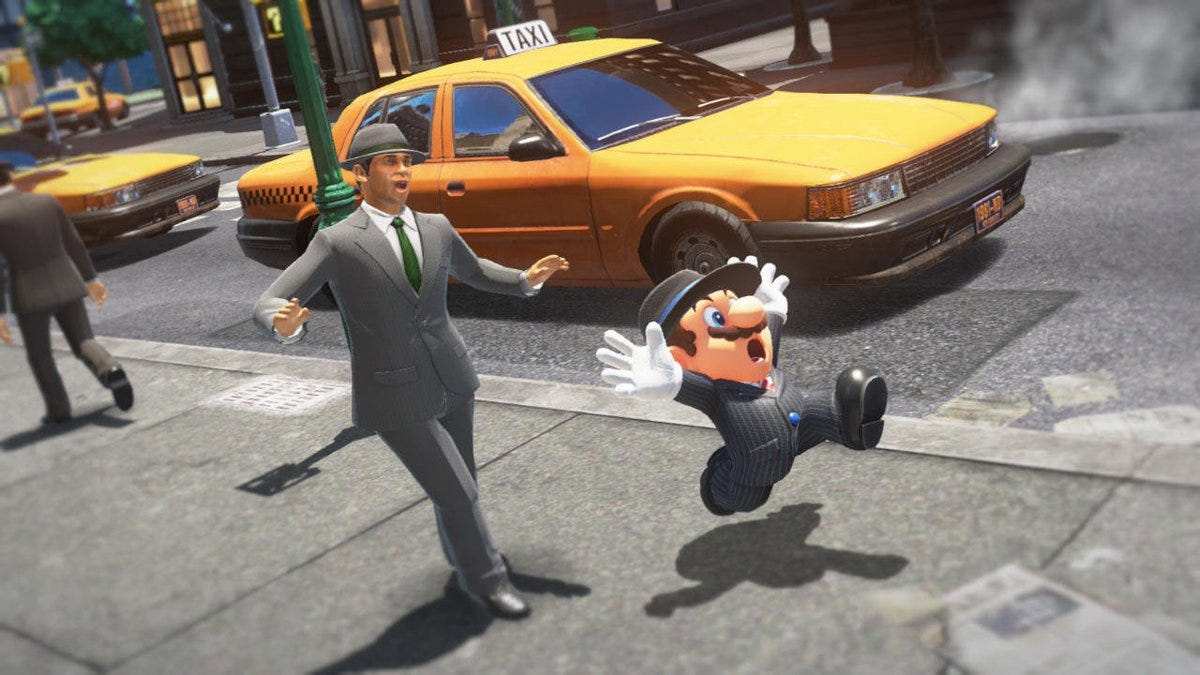The Fan Game Dilemma: Nintendo’s Legal Tightrope
A Familiar Pattern in 2019
In the realm of gaming, particularly when it comes to fan creations featuring beloved Nintendo characters, a predictable narrative has emerged. Each time Kotaku publishes an article about a new fan game, the initial reactions often revolve around concerns regarding potential legal action from Nintendo rather than celebrating the creativity and effort behind these projects. This trend has become almost comical in its predictability.
The Cycle of Hope and Disappointment
The cycle is all too familiar: news breaks about an innovative fan game that captures the imagination of players, excitement builds within the community, only for Nintendo’s legal team to intervene and halt progress before anyone can truly enjoy it. While Nintendo typically turns a blind eye to fan art or music remixes, they draw a firm line when it comes to fan games.
It’s easy to vilify their lawyers as mere fun-spoilers; however, their role is rooted in protecting intellectual property rights. From their perspective, if Nintendo were lenient with smaller projects, it could weaken their ability to defend against larger infringements down the line.
A Case Study: Maricar
A notable instance illustrating this stance occurred when Nintendo took legal action against Maricar—a service allowing tourists in Tokyo to drive go-kart-style vehicles while dressed as Mario characters. Their lawyers stated that such measures are necessary “to protect our valuable intellectual property.” While legally justified, this approach often feels overly harsh and disconnected from the spirit of creativity that fans embody.
Nintendo must differentiate between ventures attempting to profit off its brand—like Maricar—and those simply paying homage through non-commercial means like fan games. Currently, their response appears almost automated; they aggressively pursue even harmless projects without considering context or intent.
The Challenge of Popularity
Given its immense popularity and vast array of dedicated fans worldwide, managing potential copyright violations must feel overwhelming for Nintendo. With countless tribute games likely being developed at any given moment compared to other publishers with less widespread recognition, navigating this landscape becomes increasingly complex.
If there’s ever going to be change—though it’s uncertain if such change will come after decades of strict enforcement—it will require significant effort on behalf of Nintendo. There have been instances where they’ve shown flexibility; for example, previously stringent policies regarding YouTube content creators were relaxed with the introduction of a Creators Program that provided guidelines for covering popular franchises like Mario or Zelda.
While this program has since been replaced by more generalized rules due to various challenges associated with monitoring content on YouTube’s centralized platform versus scattered forums for fan games—it demonstrated that progress is possible.
Understanding Fan Intentions
Nintendo needs a clearer understanding between outright piracy—such as counterfeit 3DS cartridges sold at flea markets—and genuine tributes created by passionate fans who wish only to celebrate what they love through non-commercial endeavors. For instance:
- DMCA Royale, originally known as Mario Battle Royale—a multiplayer adaptation inspired by Super Mario Bros.—was never intended as competition against official titles like Super Mario Maker 2.
- Similarly, Breath of the NES, which aimed at transforming Breath of the Wild into an old-school top-down Zelda experience was unlikely ever going to deter sales for Link’s Awakening among devoted fans eager for new adventures.
Insights from Game Freak
Game Freak’s perspective on Pokémon fan games offers valuable insight into how developers can embrace community creativity rather than stifle it through fear-based tactics. During E3 2016 discussions about intellectual property issues surrounding Pokémon titles:
Masuda expressed appreciation towards fans engaging creatively within franchise boundaries: “If I see you having fun creating things… we kind of share that feeling.” He even encouraged aspiring developers interested in joining his team—a refreshing acknowledgment highlighting collaboration over confrontation.
Learning from Competitors
Nintendo could also benefit from observing how competitors handle similar situations effectively without resorting immediately toward litigation tactics:
Take Microsoft’s approach towards Halo enthusiasts developing Installation 01—a project met not with cease-and-desist orders but constructive dialogue leading them toward mutual agreement allowing continued development under specific conditions clarifying independence from official studios’ involvement while ensuring respect towards copyright laws was maintained throughout production efforts!
This respectful engagement fosters goodwill among communities instead fostering resentment stemming solely out fear-driven responses typical seen elsewhere across industry landscapes today!
Conclusion: A Path Forward
Improving relations between major companies like Nintendo and dedicated fandoms would undoubtedly require some adjustments—but ultimately yield positive outcomes! By recognizing distinctions between harmful infringement versus heartfelt tributes made purely out passion alone—they could pave way forward where exciting new creations flourish unimpeded! Imagine discussing these innovative projects based solely merits instead worrying constantly over impending shutdowns looming overhead!
